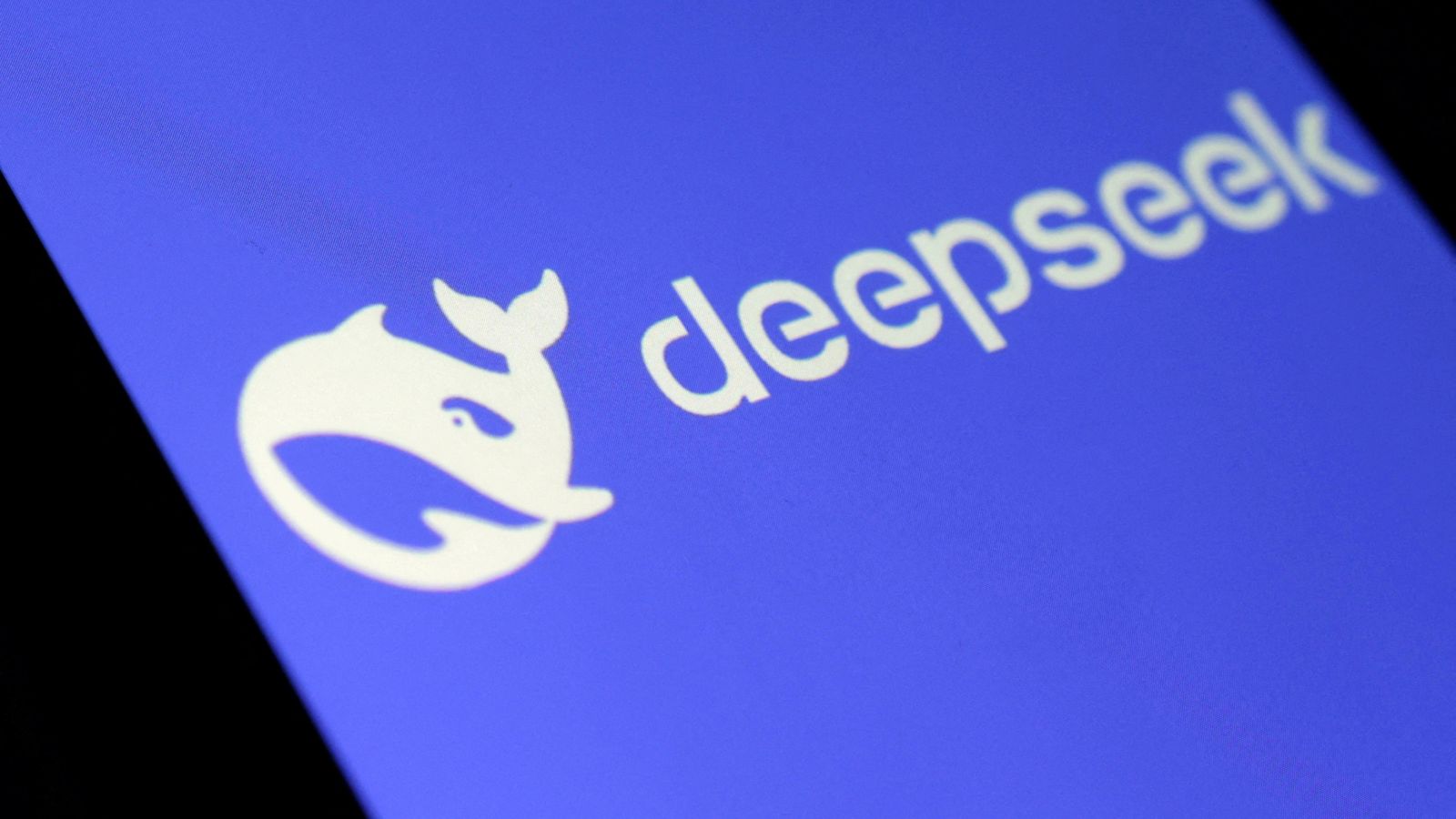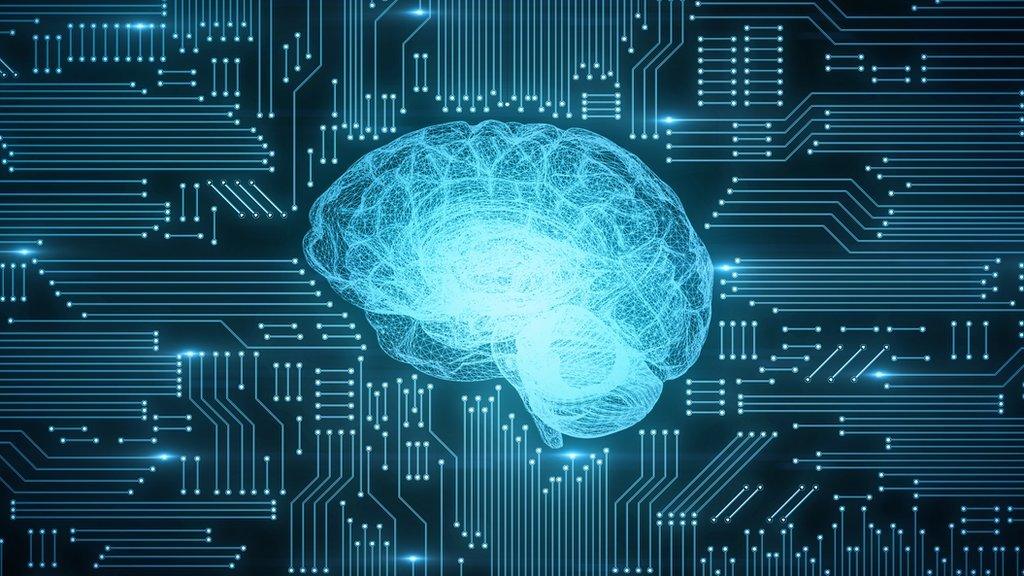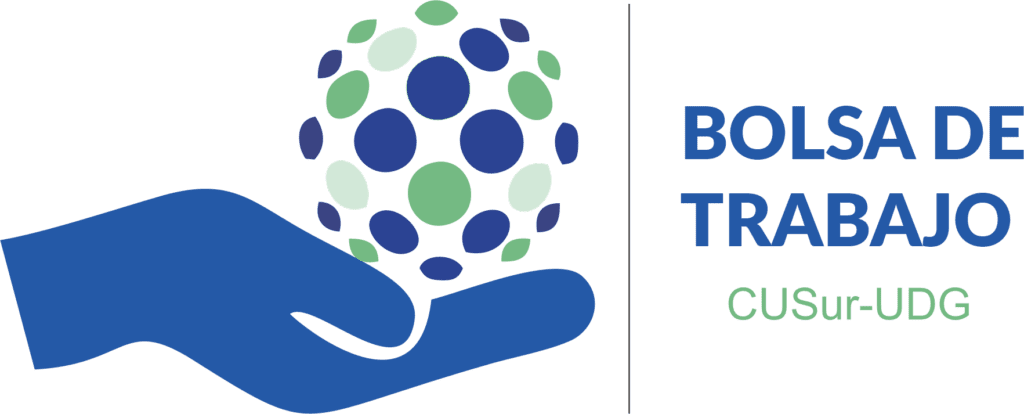
Suviajebarato
FollowOverview
-
Founded Date agosto 14, 1918
-
Sectors Médico Cirujano y partero
-
Posted Jobs 0
-
Viewed 37
Company Description
OpenAI has Little Legal Recourse Versus DeepSeek, Tech Law Experts Say
OpenAI and the White House have actually accused DeepSeek of utilizing ChatGPT to inexpensively train its brand-new chatbot.
– Experts in tech law say OpenAI has little recourse under copyright and contract law.
– OpenAI’s regards to use might apply however are mostly unenforceable, they state.
This week, OpenAI and the White House accused DeepSeek of something comparable to theft.
In a flurry of press statements, they stated the Chinese upstart had bombarded OpenAI’s chatbots with queries and hoovered up the resulting information trove to rapidly and inexpensively train a design that’s now practically as excellent.
The Trump administration’s top AI czar said this training process, called “distilling,” totaled up to copyright theft. OpenAI, on the other hand, informed Business Insider and other outlets that it’s examining whether “DeepSeek might have wrongly distilled our designs.”
OpenAI is not saying whether the business plans to pursue legal action, rather promising what a spokesperson called “aggressive, proactive countermeasures to protect our technology.”
But could it? Could it sue DeepSeek on “you stole our content” premises, much like the grounds OpenAI was itself sued on in an ongoing copyright claim submitted in 2023 by The New York City Times and other news outlets?
BI posed this concern to professionals in innovation law, who said difficult DeepSeek in the courts would be an uphill struggle for OpenAI now that the content-appropriation shoe is on the other foot.

OpenAI would have a tough time proving a copyright or copyright claim, these legal representatives stated.
“The question is whether ChatGPT outputs” – meaning the answers it generates in reaction to inquiries – “are copyrightable at all,” Mason Kortz of Harvard Law School said.
That’s due to the fact that it’s uncertain whether the responses ChatGPT spits out qualify as “imagination,” he said.
“There’s a teaching that says innovative expression is copyrightable, however realities and concepts are not,” Kortz, who teaches at Harvard’s Cyberlaw Clinic, stated.
“There’s a substantial question in copyright law today about whether the outputs of a generative AI can ever constitute imaginative expression or if they are always unprotected truths,” he included.

Could OpenAI roll those dice anyhow and claim that its outputs are protected?
That’s not likely, the lawyers said.

OpenAI is already on the record in The New York Times’ copyright case arguing that training AI is an allowed “reasonable usage” exception to copyright defense.
If they do a 180 and gratisafhalen.be tell DeepSeek that training is not a fair use, “that might return to type of bite them,” Kortz stated. “DeepSeek could say, ‘Hey, weren’t you simply stating that training is reasonable usage?'”
There might be a difference in between the Times and DeepSeek cases, Kortz included.
“Maybe it’s more transformative to turn news posts into a model” – as the Times accuses OpenAI of doing – “than it is to turn outputs of a model into another design,” as DeepSeek is said to have done, Kortz said.
“But this still puts OpenAI in a quite predicament with regard to the line it’s been toeing regarding reasonable use,” he added.
A breach-of-contract lawsuit is more likely
A breach-of-contract lawsuit is much likelier than an IP-based claim, though it features its own set of issues, stated Anupam Chander, who teaches technology law at Georgetown University.
Related stories
The terms of service for Big Tech chatbots like those developed by OpenAI and Anthropic forbid using their content as training fodder for a completing AI design.
“So possibly that’s the claim you may possibly bring – a contract-based claim, not an IP-based claim,” Chander stated.
“Not, ‘You copied something from me,’ however that you took advantage of my design to do something that you were not permitted to do under our agreement.”
There might be a drawback, Chander and Kortz said. OpenAI’s regards to service need that most claims be resolved through arbitration, not lawsuits. There’s an exception for claims “to stop unauthorized use or abuse of the Services or copyright violation or misappropriation.”
There’s a larger drawback, however, specialists stated.
“You ought to understand that the fantastic scholar Mark Lemley and a coauthor argue that AI regards to use are most likely unenforceable,” Chander stated. He was describing a January 10 paper, “The Mirage of Artificial Intelligence Terms of Use Restrictions,” by Stanford Law’s Mark A. Lemley and Peter Henderson of Princeton University’s Center for Information Technology Policy.
To date, “no design creator has actually tried to impose these terms with monetary penalties or injunctive relief,” the paper states.
“This is most likely for excellent reason: we think that the legal enforceability of these licenses is doubtful,” it adds. That remains in part due to the fact that design outputs “are largely not copyrightable” and because laws like the Copyright Act and the Computer Fraud and Abuse Act “offer minimal recourse,” it says.

“I believe they are most likely unenforceable,” Lemley told BI of OpenAI’s terms of service, “due to the fact that DeepSeek didn’t take anything copyrighted by OpenAI and since courts normally will not implement contracts not to complete in the absence of an IP right that would avoid that competition.”
Lawsuits in between celebrations in various nations, each with its own legal and enforcement systems, are always challenging, Kortz stated.
Even if OpenAI cleared all the above difficulties and won a judgment from a United States court or arbitrator, “in order to get DeepSeek to turn over money or stop doing what it’s doing, the enforcement would boil down to the Chinese legal system,” he stated.

Here, OpenAI would be at the mercy of another very complex location of law – the enforcement of foreign judgments and the balancing of private and business rights and nationwide sovereignty – that stretches back to before the founding of the US.
“So this is, a long, made complex, laden process,” Kortz included.
Could OpenAI have safeguarded itself much better from a distilling incursion?
“They might have used technical steps to block repeated access to their site,” Lemley stated. “But doing so would also hinder typical customers.”
He added: “I don’t think they could, or should, have a legitimate legal claim against the browsing of uncopyrightable info from a public site.”
Representatives for DeepSeek did not immediately react to an ask for remark.
“We understand that groups in the PRC are actively working to utilize methods, including what’s referred to as distillation, to attempt to reproduce advanced U.S. AI designs,” Rhianna Donaldson, an OpenAI representative, informed BI in an emailed declaration.

